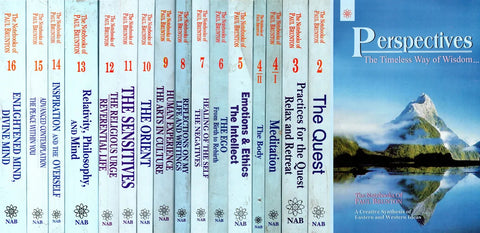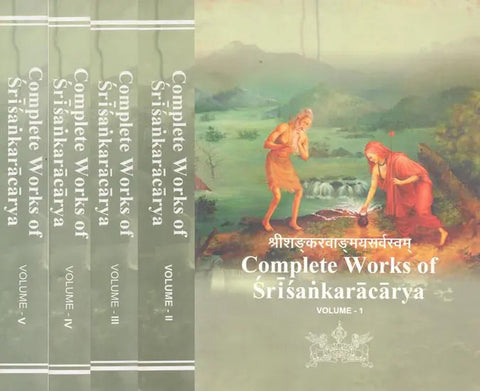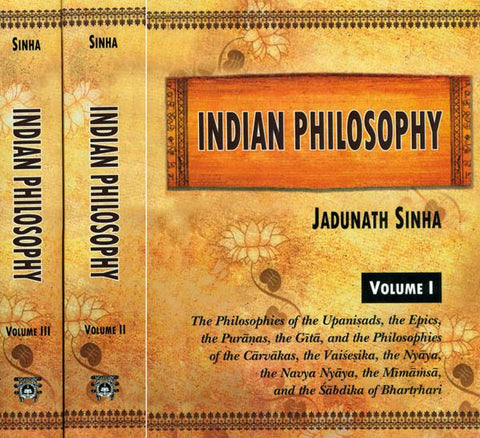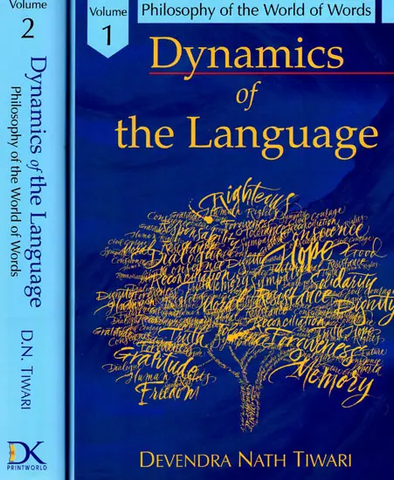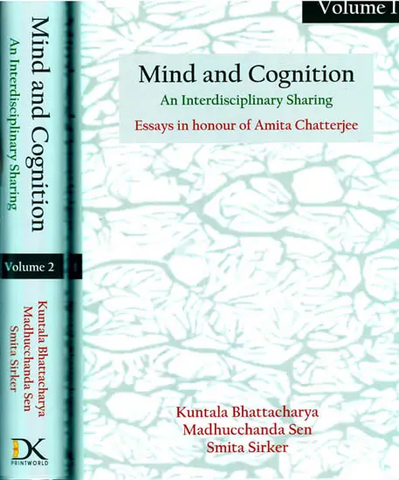Your cart is empty now.
Advaita Vedanta, an ancient Indian philosophical tradition, is often seen as a spiritual or metaphysical system, but it can also be interpreted as having a scientific approach in some ways. This interpretation may surprise some, as Advaita Vedanta is primarily concerned with the nature of reality, consciousness, and the self. However, its core principles align in some respects with the modern scientific outlook, especially in terms of its emphasis on direct experience, the unity of all phenomena, and a deep questioning of appearances. Here are a few aspects that align Advaita Vedanta with what we consider a "scientific" worldview:
1. Emphasis on Direct Experience (Pratyaksha)
Advaita Vedanta advocates for direct experience as the most reliable source of knowledge. The first step toward realizing the true nature of reality is to experience the world directly and beyond the conditioning of the mind. In this way, Advaita can be seen as "scientific" because it emphasizes empirical knowledge, much like science does. The Vedantic method of self-inquiry, which involves questioning the nature of the self and the world, echoes the scientific approach of asking questions and seeking evidence.
2. The Unity of All Things (Non-Duality)
One of the central tenets of Advaita Vedanta is non-duality (Advitaya) — the belief that all is one, and that the apparent division between subject and object, or between different objects, is illusory. According to Advaita, the ultimate reality, Brahman, is singular and all-encompassing, and everything in the universe is a manifestation of this singular reality. This notion has parallels in modern physics, particularly in quantum mechanics, where particles are interconnected and the observer plays a fundamental role in determining reality. The idea that everything is fundamentally connected resonates with scientific discoveries about the interconnectedness of the universe.
3. The Nature of Consciousness
Advaita Vedanta posits that consciousness is not a byproduct of the brain or a material entity; rather, it is the fundamental aspect of reality. This is similar to the idea in modern science, especially in quantum physics, where consciousness is seen as playing a pivotal role in shaping the nature of reality. There is growing interest in scientific circles about the relationship between consciousness and the physical universe, and some interpretations of quantum mechanics suggest that consciousness may have a more direct role in the creation of reality than previously understood. This philosophical outlook closely mirrors Vedantic views on the primacy of consciousness.
4. The Nature of Illusion (Maya)
In Advaita Vedanta, Maya refers to the concept that the world we perceive is an illusion — it is not ultimately real, but a temporary manifestation of the deeper, unchanging reality (Brahman). This view can be related to the scientific idea that much of our perception of reality is filtered through the senses and our mind. What we see as solid, separate objects is, in fact, made up of vibrating energy fields at a microscopic level. In some sense, the scientific view of reality as based on probabilities, wave functions, and quantum fluctuations aligns with the Vedantic view of the world being a temporary and illusory manifestation of a deeper, unified reality.
5. Questioning of the Mind and Its Limits
Advaita Vedanta encourages self-inquiry to go beyond the limitations of the ego and the mind. This questioning and seeking of truth are fundamental to the scientific method, which involves critical thinking and skepticism. Advaita also challenges the belief in the separate self (the ego), much like the scientific exploration of human consciousness and the interconnectedness of all things. Both Advaita Vedanta and modern science engage in the process of stripping away assumptions and investigating the very foundations of reality.
6. The Role of Knowledge (Jnana)
Advaita Vedanta holds that true knowledge (Jnana) is not mere intellectual understanding but direct, experiential realization of the oneness of the self (Atman) and the universe (Brahman). This aligns with the scientific method's aim of discovering fundamental truths through experimentation and experience. While science seeks to understand the physical world through observation and experimentation, Advaita seeks to understand the deeper, non-physical truths through self-realization. In both cases, knowledge is viewed as liberating, whether it is the liberation from ignorance or the unveiling of the fundamental principles of the universe.
7. Integration of Science and Spirituality
Advaita Vedanta does not necessarily see a division between science and spirituality. In fact, some modern thinkers argue that a truly holistic understanding of the universe requires an integration of both. For example, scientists like Fritjof Capra and David Bohm have drawn parallels between the insights of quantum physics and the philosophical teachings of Advaita Vedanta, suggesting that the nature of reality, as understood by both science and Vedanta, points toward an interconnected, unified universe.
Delivery and Shipping Policy
- INTERNATIONAL SHIPPING
- Rs.1000-1100/kg
- ESTD. Delivery Time: 2-3 weeks (depending on location)
- Bubble Wrapped with Extra Padding
- NATIONAL SHIPPING
- NCR: Rs. 30/half kg
- Standard: Rs. 80/half kg
- Express shipments also available on Request
- ESTD. Delivery Time: Ranging from 1-4 days up to 7 business days (Depending on your choice of Delivery)
- TRACKING
- All orders; national or international, will be provided with a Tracking ID to check the status of their respective orders
- Depending on the Shipping Service, Tracking ID may be used on their respective tracking portals
Frequently Asked Questions (FAQs)
Domestic Shipping: 3-4 Days (after shipping)
International Shipping: 1-2 weeks (based on your location)
You will receive an email once your order has been shipped or you can email us if you didn't receive tracking details (info@mlbd.co.in)
Every book that we sell is the latest edition except all the rare books
Yes, we do provide free shipping, only on domestic orders (within India) above Rs.1500


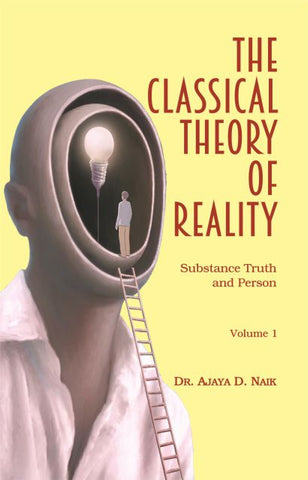
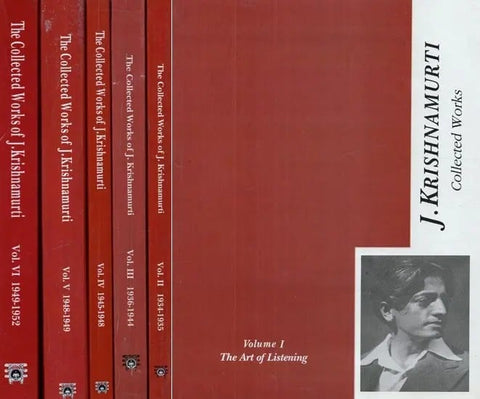

![A HISTORY OF INDIAN PHILOSOPHY [5 VOLUMES] by Surendranath Dasgupta](http://www.motilalbanarsidass.com/cdn/shop/products/HISTORYOFINDIANPHILOSOPHY_large.jpg?v=1675238163)

